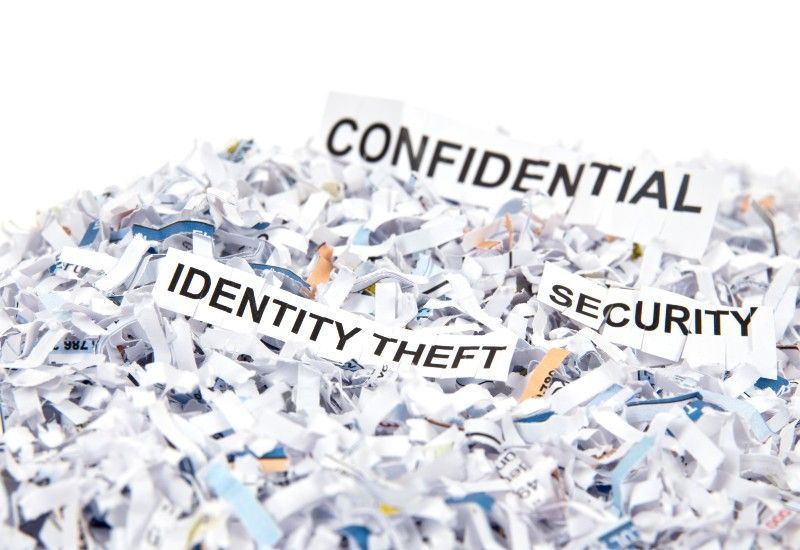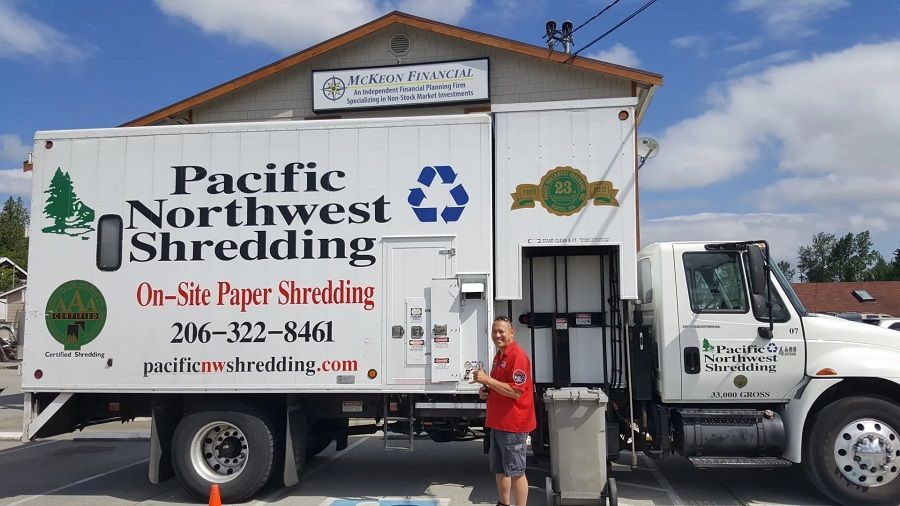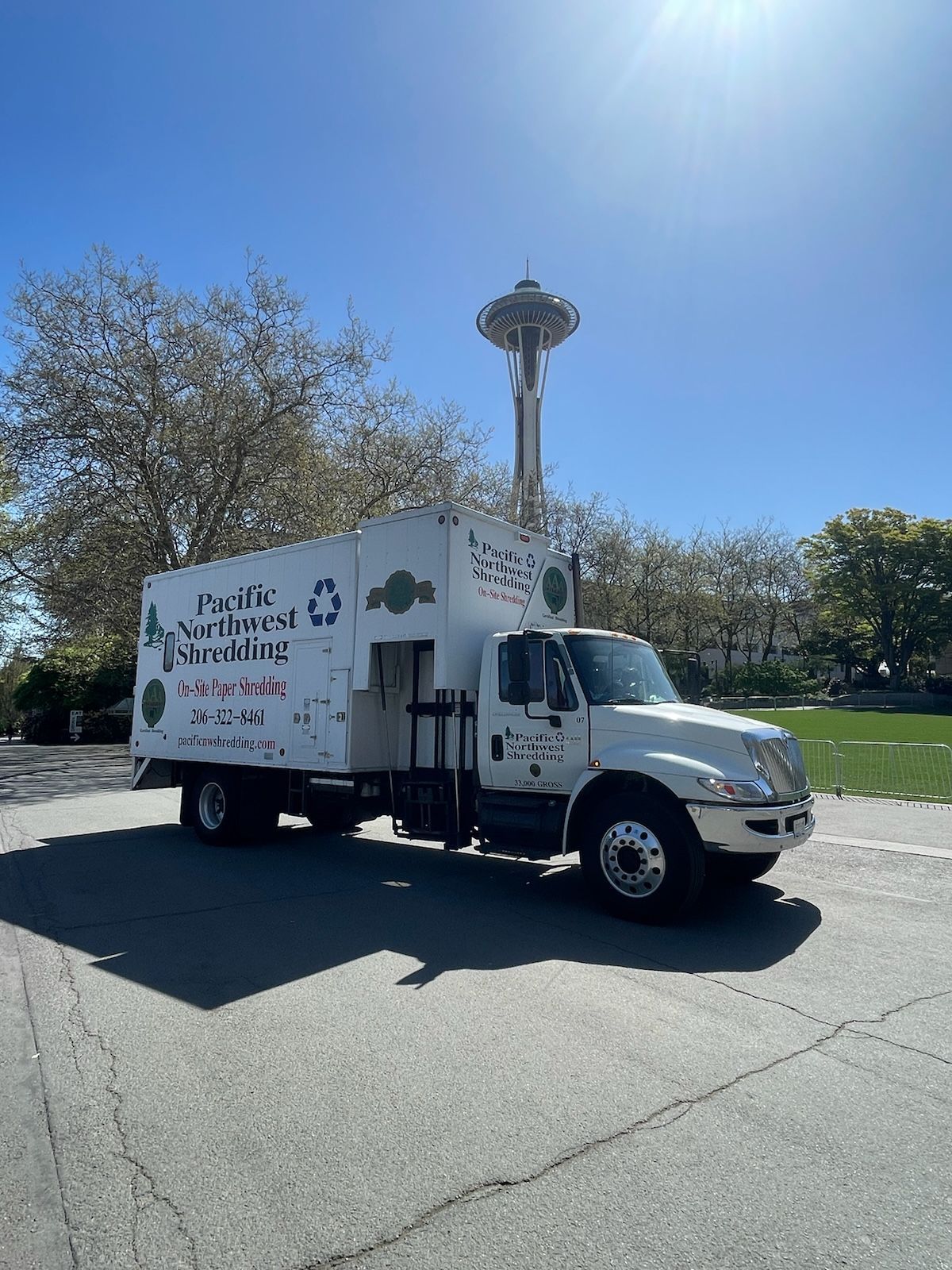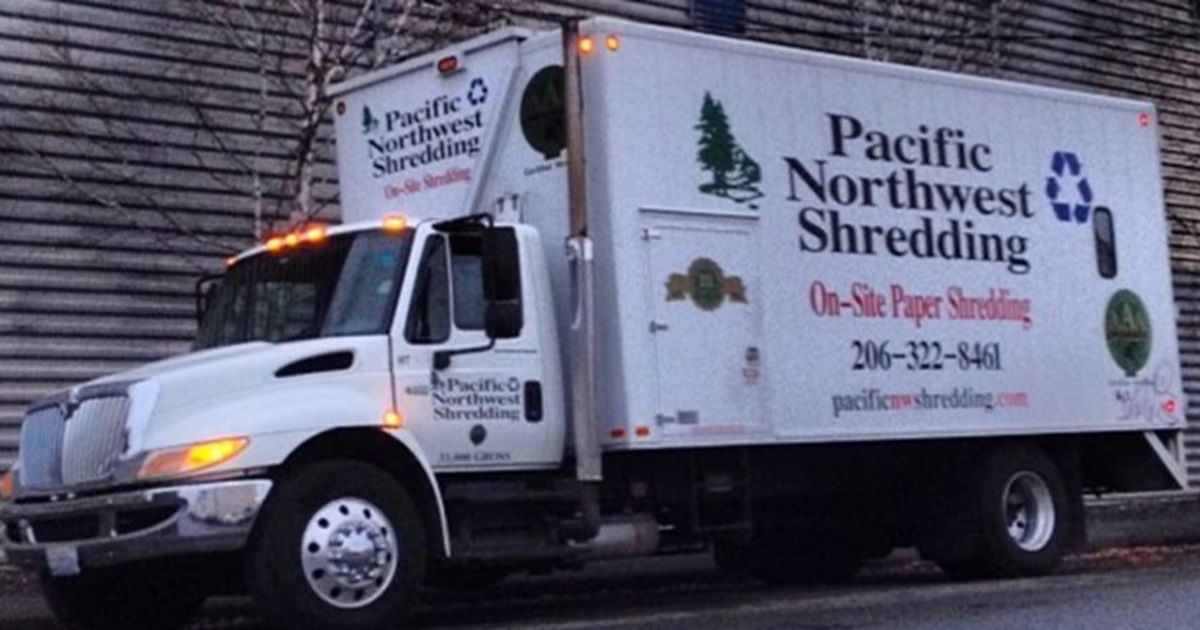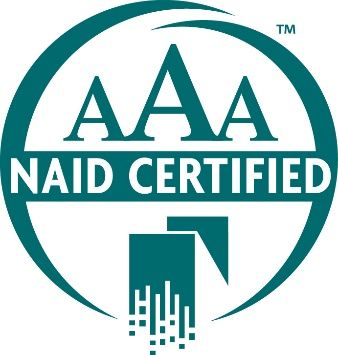Pacific Northwest Shredding helps clients meet their ESG commitments

Environmental Benefits Of Professional Shredding
ESG obligations are increasingly important to Pacific Northwest Shredding's clients. Academic research from the University of Washington and Oregon State University, as well as surveys by the Pew Research Center and Gallup, indicate that the Pacific Northwest is more sensitive to environmental, social, and governance issues than other regions in the United States. This is no surprise to those of us who live here.
As a result, organizations in the region are increasingly proud of their dedication to ESG issues, which are routinely affect their buying decisions and are baked into annual reports, investment plans, and political lexicons.
It is clear, therefore, that when hiring service providers, organizations in the region should examine how such vendors can contribute to their own ESG profile.
ENVIRONMENTAL RESPONSIBILITY
Pacific Northwest Shredding recycles 100% of the recyclable material that is destroyed. Almost everything is reused, even shredded paper and computer hard drives. In fact, if these objects were shredded in-house, they would almost surely end up in the trash. As a result, using Pacific Northwest Shredding to secure essential documents is one of the most crucial components of our clients' environmental responsibility efforts.
SOCIAL RESPONSIBILITY
Pacific Northwest Shredding's services help to support a local, minority-owned family business. In an environment where alternative options for commercial shredding are enormous, national corporations, our clients may be proud that they are supporting a Washington-based firm with a decades-long history.
RESPONSIBLE GOVERNANCE.
Pacific Northwest Shredding is one of the only secure destruction service providers that supports their clients' governance priorities. Our internal capabilities, which include an internationally recognized Data Protection Officer, a globally recognized certification, and cutting-edge policies and contracts, allow us not only to exceed regulatory compliance, but also to assist our clients in understanding and meeting their own compliance requirements. We may help our clients establish the necessary disposition policies and procedures, respond to regulatory inquiries, or simply address concerns about any data-related regulation.
It is crucial to note that if a secure destruction service fails to comply, so will its customers. As a result, Pacific Northwest Shredding's activities are critical to our clients' compliance, which is consistent with their governance aim.
Ironically, while misaligned governance is the most likely to get a company in trouble, it is also the most misunderstood and overlooked ESG responsibility. Fortunately, Pacific Northwest Shredding clients don't have to worry about this.
SAY "NO" TO ESG-WASHING
Unfortunately, since more clients are looking for service providers that can improve their ESG profile, many vendors misrepresent their capabilities. It's called "ESG-washing," and the fact that it has a name shows how widespread it has become.
Pressing service providers on such statements is one of the most effective ways to see if they are walking the talk. It's one thing to state that ESG is important but find it more difficult to explain how.
Of course, another option is to
contact Pacific Northwest Shredding. We welcome such conversations and are glad to help.
Copyright 2024 Pacific Northwest Shredding, LLC. - All rights reserved.





